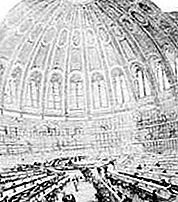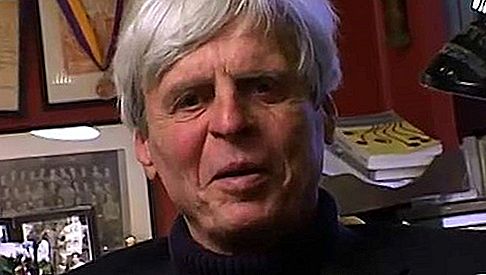Truth and Reconciliation Commission, South Africa (TRC),courtlike body established by the new South African government in 1995 to help heal the country and bring about a reconciliation of its people by uncovering the truth about human rights violations that had occurred during the period of apartheid. Its emphasis was on gathering evidence and uncovering information—from both victims and perpetrators—and not on prosecuting individuals for past crimes, which is how the commission mainly differed from the Nürnberg trials that prosecuted Nazis after World War II. The commission released the first five volumes of its final report on Oct. 29, 1998, and the remaining two volumes of the report on March 21, 2003.

Background
The unbanning of the liberation movements and opposition political parties in 1990 by Pres. F.W. de Klerk, the release from prison of Nelson Mandela, and the lifting of the state of emergency in South Africa paved the way for a negotiated peace settlement between the apartheid regime and those who fought against it and brought an end to the struggle against colonialism and apartheid that had lasted in South Africa for more than 300 years. The negotiations resulted in the establishment of a date for the country’s first democratic elections and for an interim constitution to be enacted. A major obstacle to finalizing the interim constitution was the question of accountability for those guilty of gross human rights violations during the years of apartheid. It became clear during the negotiations that the political right and many in the security forces were not loyal to President de Klerk and posed a major threat to stability in the country. They demanded that President de Klerk issue them a blanket amnesty for past actions. The dominant view among the liberation movements at the time, however, was that there should be accountability for past crimes, along the lines of the Nürnberg trials.
Those negotiating for the apartheid regime insisted that a guarantee of general amnesty be written into the interim constitution. Without it, it is unlikely that the apartheid government would have given up power. The strength of the amnesty deal was that it was part of a package of initiatives contained in the interim constitution that set the country on the road to becoming a democratic, constitutional state. This included a strong and justiciable bill of rights. The terms of the amnesty were to be decided on by the country’s first democratically elected government once elected in 1994.













